FX Reserves Growth: A 13-month High
Nigeria’s external reserves have risen by $1.88 billion to $34.66 billion as of 4 July 2024, marking the highest level in 13 months.
This increase is detailed in the Central Bank of Nigeria’s (CBN) external reserve data.
Join our WhatsApp ChannelNairametrics records show that this is the highest the FX reserve has reached since the FX unification policy was introduced in June 2023.
Impact of FX Unification Policy
On June 14, 2023, the CBN unveiled a strategy to streamline the foreign exchange market by merging all segments into a single unified system. This move aimed to boost liquidity and stability in the Nigerian FX market. Despite the intended benefits, the unification policy initially led to increased market volatility and a significant decline in the naira’s value.
“The unification policy was a bold step towards a more transparent FX market,” said the Central Bank Governor, “but it came with short-term challenges.”
Fluctuations and Recovery in FX Reserves
When the FX unification policy was announced, Nigeria’s FX reserve stood at $34.66 billion. However, from July to December 2023, the reserves fluctuated around the $33 billion mark.
Nairametrics research reveals that the FX reserves hit $34.66 billion as of July 4, 2024, the highest in over a year. This peak is second only to the $34.69 billion recorded on June 13, 2023, just before the exchange rate was unified.
READ ALSO: Nigeria’s FX Reserves Rise To $34.14bn Amid World Bank Support
FX Reserves and Exchange Rate Trends
Nigeria has seen a surge in its exchange rate over the last few weeks, ending June above $34 billion for the first time since April. The reserves have continued to grow in July, culminating in the highest reserve in the past year.
The Central Bank Governor addressed the earlier decline at the last IMF Spring meeting, stating, “The decreasing reserves were primarily due to debt repayments and other financial obligations, not efforts to defend the naira.”
Policies and Financial Commitments Boosting FX Reserves
The rise in FX reserves since May follows three months of noticeable fluctuations, with reserves plunging to a low of $32.11 billion on April 19, 2024.
The earlier dip was attributed to increased import demands, payment obligations, and reduced foreign inflows.
Recent data from the National Bureau of Statistics show Nigeria received $3.9 billion in capital importation in the first quarter of the year. Most of these inflows were directed toward government debt securities such as treasury bills, OMO bills, and bonds.
Monetary Policy Committee’s Role in FX Reserve Growth
The Monetary Policy Committee (MPC) has urged the CBN to focus on boosting the external reserves. The CBN plans to double the diaspora remittance inflow this year to ensure a steady flow of foreign exchange into the country.
Afrexim Bank announced the disbursement of $925 million, another tranche of the $3.3 billion crude oil-backed loan agreement with the NNPC. This loan is expected to help stabilize the forex market amid severe volatility.
The World Bank also approved $2.25 billion in loans to Nigeria to boost economic stability and support vulnerable populations. This financial infusion aims to provide immediate financial and technical support for Nigeria’s urgent economic stabilization efforts.
Challenges Ahead for FX Reserve Management
Despite the increase in reserves and financial commitments, Fitch noted that the lack of clarity over the precise size and composition of Nigeria’s FX reserves remains a significant constraint on the nation’s sovereign credit profile.
“The recent rise in our FX reserve is encouraging,” stated the Central Bank Governor, “but we must address the transparency issues to strengthen our economic position.”
By focusing on FX reserve policies and financial commitments, Nigeria has achieved a significant milestone in its economic stability efforts.
The continuous monitoring and transparent management of these reserves are crucial for sustaining this growth.
Emmanuel Ochayi is a journalist. He is a graduate of the University of Lagos, School of first choice and the nations pride. Emmanuel is keen on exploring writing angles in different areas, including Business, climate change, politics, Education, and others.







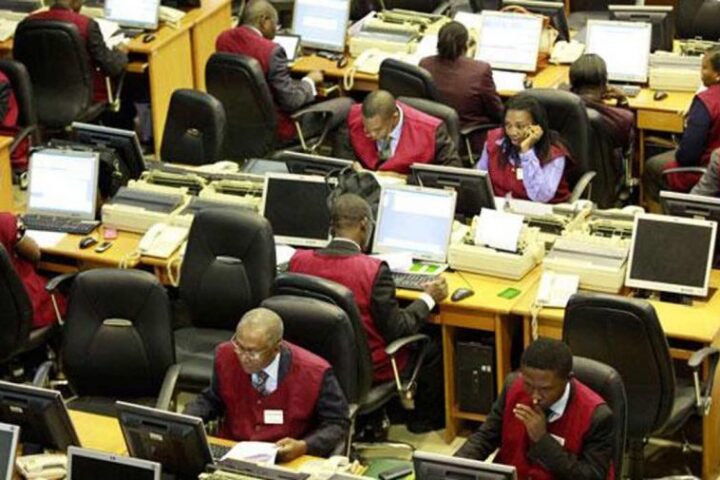
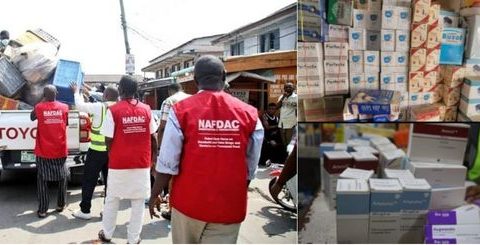


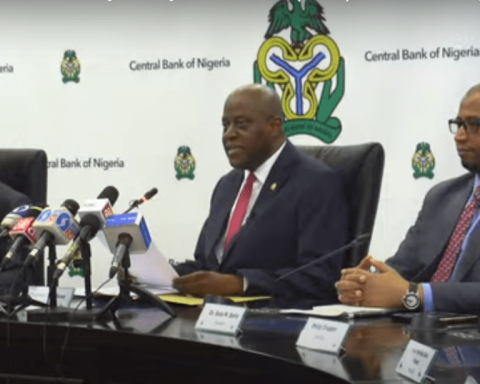


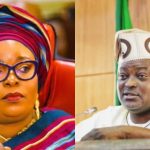

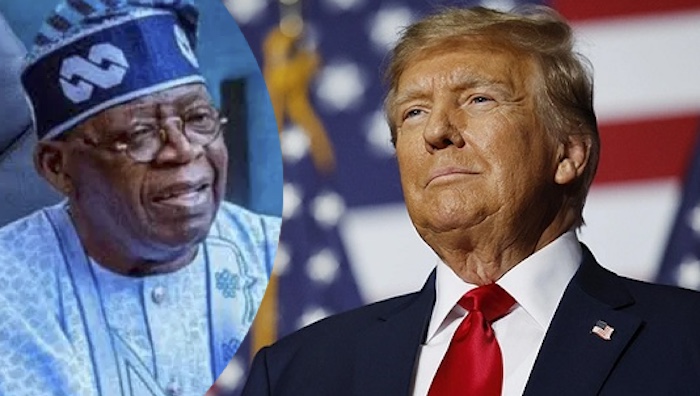

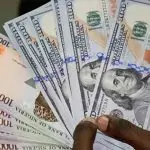
Follow Us